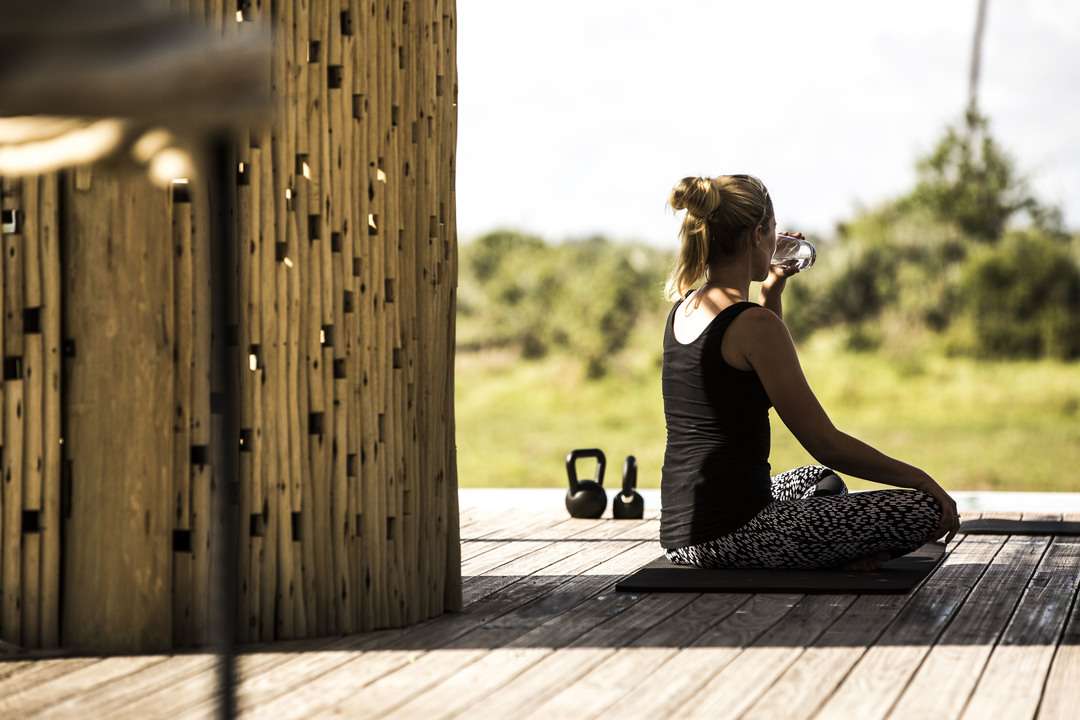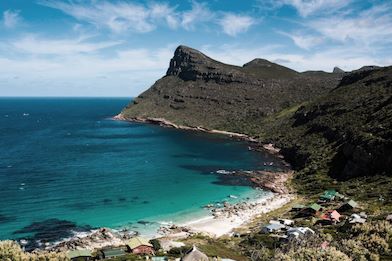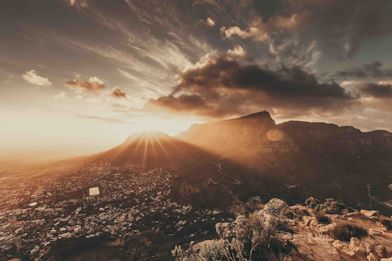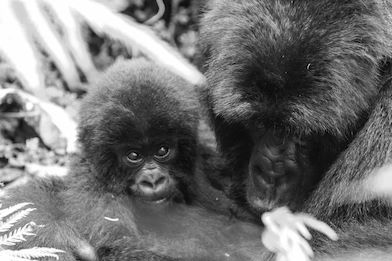In 2001 an influential book was published. It spoke of an epidemic of western society – the disease of consumerism. Affluenza: The All-Consuming Epidemic by John de Graaf, David Wann and Thomas H. Naylor describes consumerism as "a painful, contagious, socially transmitted condition of overload, debt, anxiety, and waste resulting from the dogged pursuit of more".
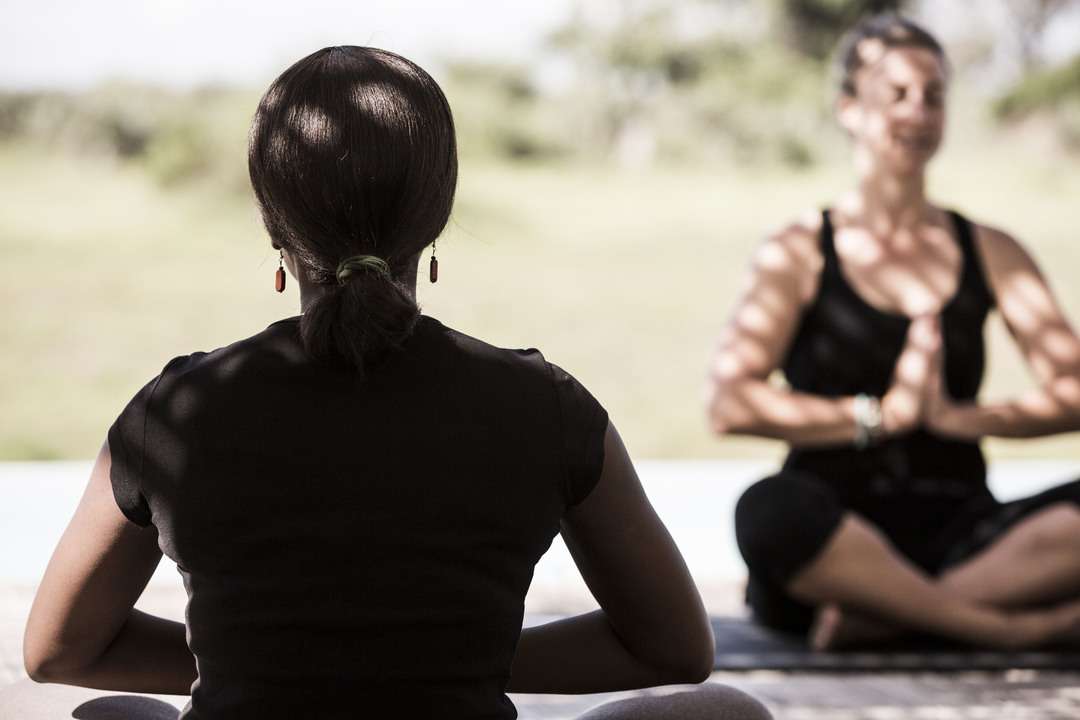
Some 18 years later, I roll out my mat and study to be a yoga teacher. In the training, I learn about Patanjali’s Eight Limbs of Yoga; but before your eyes glaze over, this is not a lesson on the history of yoga, so just bear with me! The first limb (the yamas or self-restraints/commandments) includes Aparigraha – a Sanskrit word for greedlessness. It means that we do not exploit the world or acquire more than we need. We live simply.
But we don’t! We continue to be driven by affluenza and want more… more clothes, more toys, more jewellery; or the latest car, the latest watch, the latest phone, bigger homes, bigger bank accounts… It’s become a status symbol to have the most, the best, the biggest, the latest, and yet it is destroying our planet and our society.

There are two defining moments in the last decade which have nurtured aparigraha in me – although pre-Yoga Teacher Training, I didn’t have a name for it. The first one being the birth of my first child, and then subsequent children.
We, as parents, or in a role – grandparents, uncles, aunts, teachers, friends – with any contact with the younger generation, have substantial influence over the minds that will one day take the reins from us and assert influence themselves. Many parents want more for the lives of their children than just the pursuit of materialism or wealth – which often causes discontent and more damage to our planet. “Less is more” in all we consume (water, electricity, goods, technology) has become our family ideal; and in the quest to keep things simple, nature has become our biggest playground.

My second defining moment was when I joined Wilderness Safaris in 2010. It had been a dream of mine for many years to work for a company that gives back, rather than strips the Earth of its natural resources for the enrichment of others. The purpose of Wilderness Safaris is: To conserve and restore Africa’s wilderness and wildlife.
Simply put, Wilderness Safaris uses high-end ecotourism to achieve their purpose. About 12% of their revenue earned is pumped back into conservation and restoration of important biodiverse areas in need. They also partner and create joint ventures with the local communities in areas in which they operate, so that they too can benefit economically.

Finally, and equally as importantly, is the way Wilderness Safaris builds and runs its camps. Be it choosing a site that causes as little impact on the environment to building eco-friendly camps (raised off the ground, avoiding cement, sourcing FSC certified timber, etc.), the goal is, if at some stage they have to remove the site, the flora will restore itself back to its original state. And when it comes to running camps, solar energy, recycling, environmentally sensitive cleaning products, waste water treatments and alternatives to plastic are used wherever possible.
In all, Wilderness Safaris speaks to everything against global warming and anti-consumerism. Travelling with us is not simply to “go on holiday”, but it’s to travel with purpose, to give back… and to immerse your soul in some of the planet’s most beautiful playgrounds.
